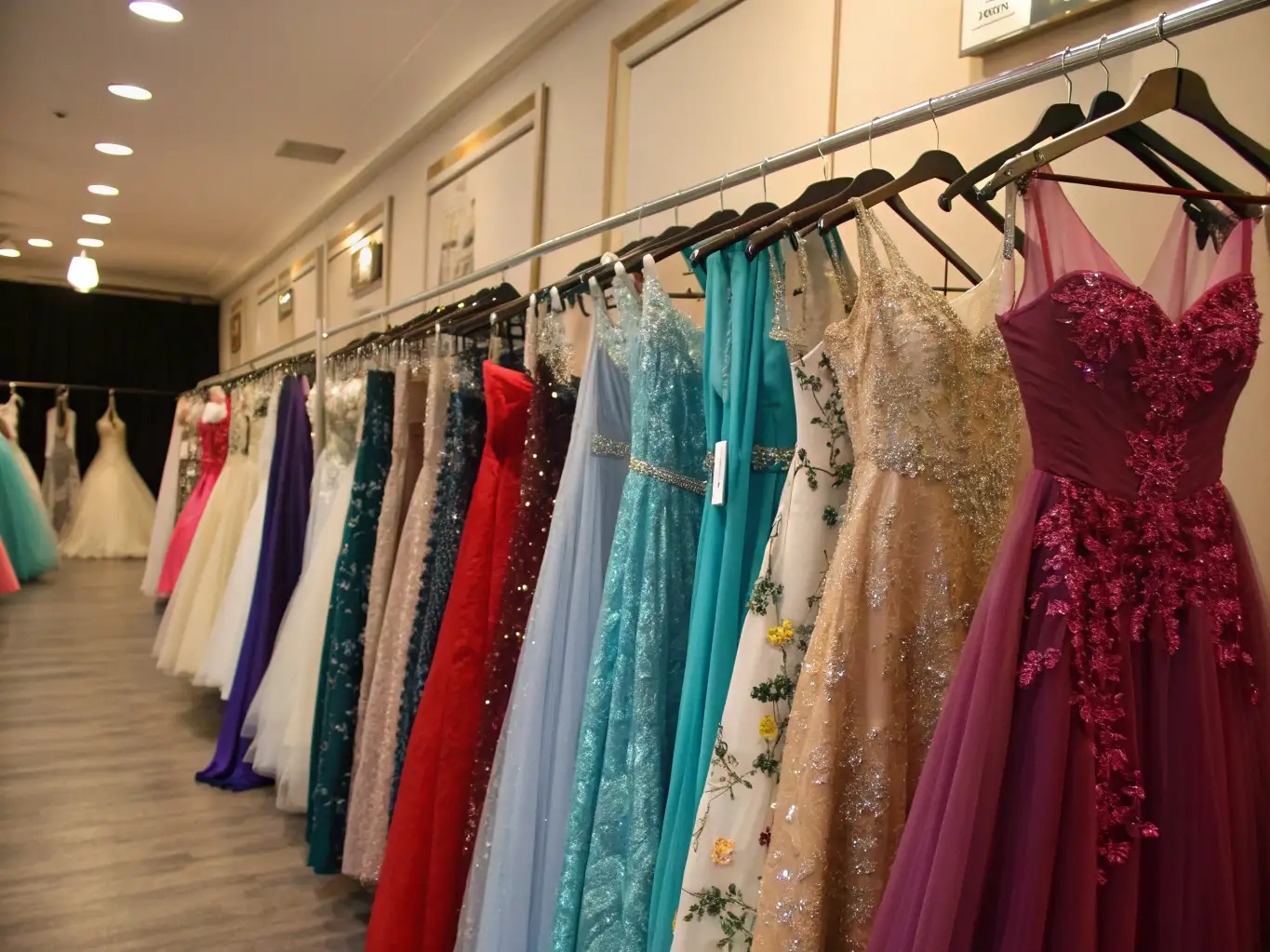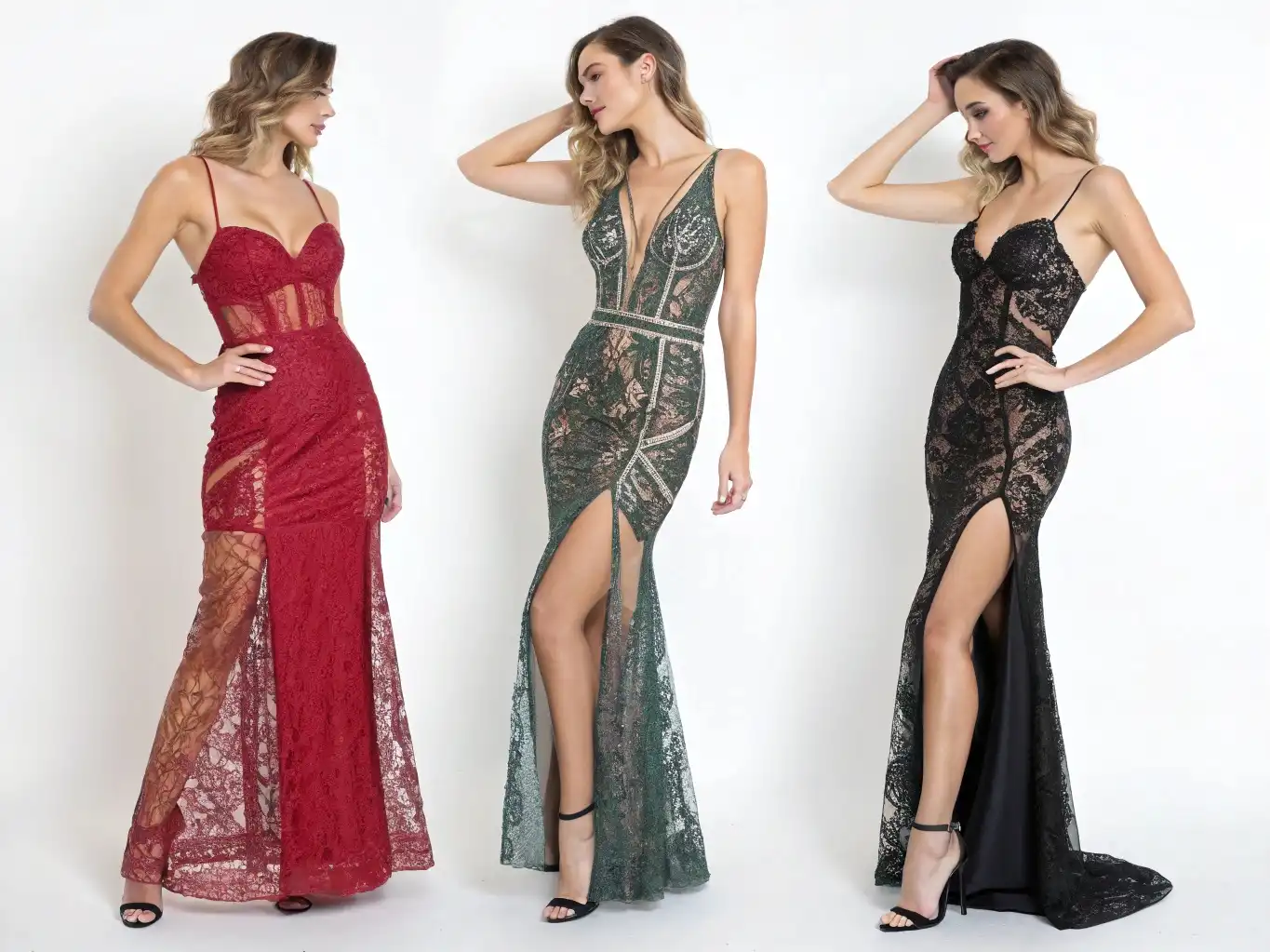Designer brands are often associated with quality, exclusivity, and status. However, their high price tags raise questions about whether they justify the cost or serve as a long-term investment.
Designer clothes can be worth the price if you value craftsmanship, exclusivity, and longevity. However, their investment potential depends on the brand, item, and market demand, with iconic pieces holding value better than seasonal items.
Let’s delve into whether designer brands hold their value, the legality of reselling them, and how they compare to luxury standards.
Do designer brands hold their value?
Many consider designer clothes as an investment in quality and style, but do they retain their value over time?
Certain designer brands, like Chanel, Hermès, and Louis Vuitton1, hold their value well due to their iconic status and limited availability. However, most designer clothing depreciates unless it is a rare or collectible piece.
Factors affecting value retention:
- Iconic items: Timeless pieces like Chanel jackets or Hermès scarves hold value better than trendy seasonal designs.
- Brand reputation: Luxury houses with heritage appeal and strong resale markets fare better.
- Condition: Gently worn or new items with authenticity certificates2 retain significantly more value.
| Brand | Value Retention | Example |
|---|---|---|
| Chanel | High | Classic tweed jacket |
| Hermès | Very high | Silk scarves, leather goods |
| Gucci | Moderate | Seasonal runway designs |
Pro tip:
Focus on items that have proven longevity, such as classic handbags or tailored outerwear, for better resale opportunities.
Are designer clothes an investment?
Designer clothes often come with a premium price, but can they truly be considered an investment?
Designer clothes are rarely a financial investment but can be a wardrobe investment. Items with timeless appeal and durable construction offer long-term value, though most clothing depreciates over time.
Wardrobe investment vs. financial investment:
- Durability: High-quality materials and craftsmanship ensure longer wear.
- Timeless style: Neutral colors and classic designs outlast fleeting trends.
- Resale potential: Only specific items, like designer bags or limited-edition apparel, appreciate in value.
| Investment Type | Benefit | Example |
|---|---|---|
| Wardrobe investment | Long-lasting and versatile | Wool coat, leather jacket |
| Financial investment | Appreciates in value | Vintage Chanel or Hermès |
Pro tip:
Avoid over-spending on trendy items; prioritize quality and timelessness for lasting satisfaction.
Do designer clothes depreciate?
Most clothing loses value after purchase, but is this also true for designer items?
Designer clothes often depreciate quickly unless they are iconic or limited-edition items. Everyday garments lose value faster than accessories like handbags or watches.
Why designer clothes depreciate:
- Seasonal trends: Fashion cycles move quickly, making last season’s items less desirable.
- Wear and tear: Signs of use, even minor, reduce resale value.
- Saturation: Some brands overproduce, leading to a decrease in exclusivity.
| Clothing Type | Depreciation Rate | Example |
|---|---|---|
| Seasonal dresses | High | Runway-specific pieces |
| Outerwear | Moderate | Classic trench coats |
| Accessories | Low | Iconic handbags or belts |
Pro tip:
Protect high-value items by storing them properly and using them sparingly to maintain their resale potential.
Is it illegal to resell designer clothes?
Reselling designer clothes is a popular side hustle, but is it legal?
It is legal to resell designer clothes as long as the items are authentic and you do not misrepresent them as new or use the brand’s trademarks improperly. Counterfeit goods3 or deceptive practices are strictly prohibited.
Guidelines for reselling designer clothes:
- Authenticity: Ensure the items are genuine, with certificates or proof of purchase if possible.
- Transparent listings: Clearly state the condition and originality of the item.
- Avoid counterfeits: Selling fake designer goods is illegal and can result in fines or legal action.
| Reselling Practice | Legal Status | Example |
|---|---|---|
| Selling authentic items | Legal | Pre-loved Louis Vuitton bags |
| Mislabeling items | Illegal | Claiming worn items are new |
| Selling counterfeits | Illegal | Fake branded handbags |
Pro tip:
Use reputable resale platforms4 like Vestiaire Collective or The RealReal to ensure credibility and avoid disputes.
Is Calvin Klein a luxury brand?
Calvin Klein is a globally recognized fashion label, but does it qualify as a luxury brand?
Calvin Klein is considered a premium brand5 rather than a true luxury brand. While it offers quality clothing, it lacks the exclusivity and high price points associated with luxury labels like Chanel or Hermès.

Distinguishing premium from luxury:
- Exclusivity: Calvin Klein’s mass-market approach reduces its luxury appeal.
- Pricing: Items are more affordable compared to traditional luxury brands.
- Product range: While Calvin Klein offers designer pieces, its focus on basics like underwear and denim leans toward premium, not luxury.
| Brand Category | Key Traits | Example |
|---|---|---|
| Luxury | Exclusive, limited production | Chanel, Hermès |
| Premium | Accessible, high-quality | Calvin Klein, Ralph Lauren |
| Mass-market | Affordable and widespread | H&M, Zara |
Pro tip:
Calvin Klein’s premium pieces, like tailored outerwear, offer excellent value for style-conscious consumers seeking quality at a lower price point.
Conclusion
Designer clothes can be worth the price for their craftsmanship and exclusivity, but they rarely serve as financial investments. While iconic pieces hold value better than seasonal items, most clothing depreciates over time. Understanding resale rules and distinguishing premium brands like Calvin Klein from luxury giants ensures smarter purchasing decisions.
-
Learn about iconic top-tier houses and their resale success. ↩
-
Ensure proof of genuineness for higher resale and trust. ↩
-
Avoid legal troubles by understanding fake brand items fully. ↩
-
Find secure websites to validate authenticity and avoid scams. ↩
-
Discover brand tier differences and what sets them apart. ↩






